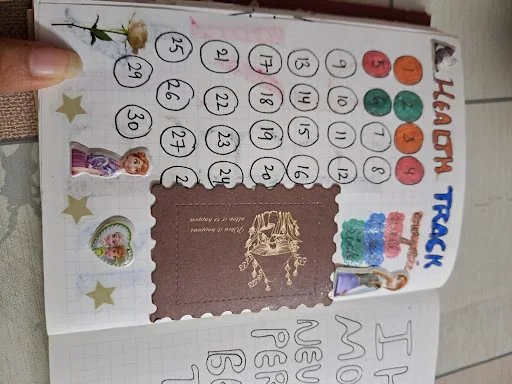HOW JOURNALING IS USEFUL.
Journaling is a powerful tool for self-reflection and emotional processing, offering numerous benefits that can enhance mental well-being and personal growth. Here are some insights and tips based on various experiences shared in recent blogs.
### Benefits of Journaling
1. **Emotional Clarity**: Journaling helps structure thoughts and feelings, making the intangible tangible. It allows individuals to articulate emotions better and understand themselves more deeply.
2. **Stress Relief**: Writing can serve as a therapeutic outlet, providing a safe space to vent frustrations and process daily experiences, which can significantly reduce stress and anxiety.
3. **Memory Enhancement**: Regular journaling can improve memory retention and comprehension, similar to note-taking in lectures. This practice encourages reflection on daily events, reinforcing learning and self-awareness.
4. **Personal Growth**: Many find journaling to be a journey of self-discovery, helping them reconnect with their true selves and clarify their goals and desires.
### Tips for Effective Journaling
- **Consistency**: Aim to write daily, even if only for a few minutes, to establish a habit.
- **Personalize Your Approach**: There’s no right or wrong way to journal. Use whatever method feels most comfortable—writing, drawing, or even scrapbooking.
- **Create a Relaxing Environment**: Make journaling enjoyable by setting a cozy atmosphere with music or tea, allowing for a more reflective experience.
- **Experiment with Formats**: Try different styles, such as bullet journaling, gratitude lists, or free writing, to keep the practice engaging.
Journaling can be a transformative practice, offering insights and fostering a deeper understanding of oneself. Whether for mental health, creativity, or personal development, it’s a versatile tool that can be tailored to individual needs.











0 Comments